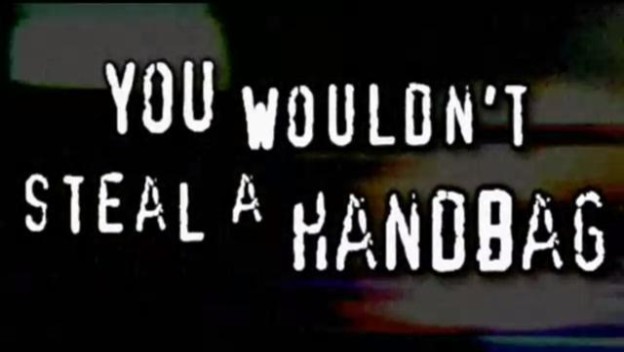Online piracy of video games can be a very controversial issue. Developers say it’s stealing, pirates say it isn’t. I side with the pirates on this one. Downloading a game from somewhere like The Pirate Bay is not stealing. And it certainly isn’t the same as stealing a handbag or a TV . Such comparisons are beyond ludicrous. You cannot steal a handbag, upload it to the internet, and share it with the entire world. Technology simply hasn’t progressed that far yet, as much as we might love to download a physical pizza one day.
Nonetheless, developers will come up with all sorts of ways to point to the finger at pirates. One of their favourite ways includes using statistics. Statistics are one of the most malleable types of information in the world – you can make these numbers say anything you please. For example, a quote from CNBC , “in 2014, total revenue lost due to pirated games was approximately $74 billion and almost 2.5 billion pirated games were downloaded, according to research released last year by Tru Optik”. To be clear, this “revenue” is completely abstract. All they did was count the number of pirated games as if they were physically stolen from the warehouse or store. This doesn’t make sense because pirated games don’t cost anything to make, there’s no factory where the plastic case is made, the cover is designed and printed, and the disc itself is produced. If it cost anything at all, the cost would come from the original copy that someone bought before generously allowing other people access to it. There can be no profits lost if there was no price in the first place. There is an enormous difference between sharing a digital copy of something and sharing a physical copy of something. I say “sharing” because pirating a game doesn’t cost anything; The Pirate Bay isn’t a pawn shop full of questionable items for sale.
Furthermore, one of my main arguments in support of piracy, is lack of game localization. There are some game developers that approach this with an open mind, like TinyBuild with their game Punch Club. It occurred to TinyBuild that once the game was translated into the a country’s language, the piracy rate went down exponentially. For example, German and French translations resulted in a “bought instead of pirated” rate of 46 percent and 18.8 percent, respectively. The owner of TinyBuild, Nichiporchik, said that the data was reason enough to continue focusing on certain regions’ translations: “Punch Club clearly shows that localizing games to Western European languages pays off and has a very low piracy rate” ( ars technica ).
Another argument in support of piracy is the price. Whether you simply can’t afford it or you just think games are way overpriced, it is true that games can get pretty expensive. We all know how much work goes into a game, however we cannot be blamed for short-comings like the game’s quality, accessibility, and localization features. For example, Uncharted: Golden Abyss for the PS Vita is a very average game that is being sold for a very stupid price. Never mind that it is extremely short and has absolutely no replay value. In addition, there are plenty of games that are not released in certain countries, like Grand Theft Auto: Episodes from Liberty City in Brazil for using a Brazilian composer’s music without permission ( Kotaku ).

Piracy isn’t stealing, especially when the game is overpriced, not localized properly, or completely inaccessible. Game developers have a tendency to make pirates the villians, when really we just want to play the game and oftentimes, if we could and thought the game worth it, we would spend the money.
